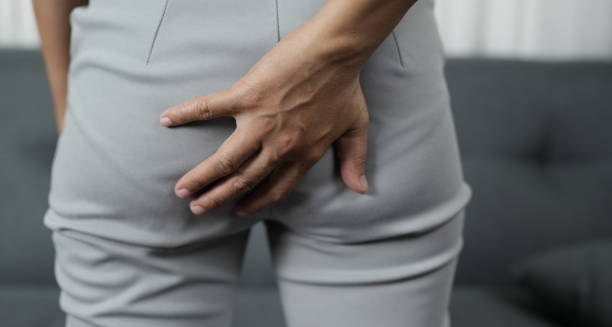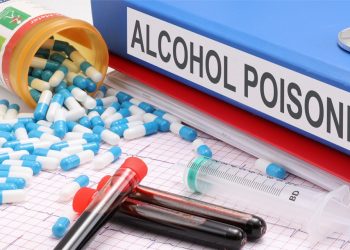Symptoms of Lichen Sclerosus can vary significantly from person to person, but the condition most commonly affects the genital and anal regions, although it can occasionally appear on other parts of the body.
Usually, symptoms of Lichen Sclerosus develop slowly. Many people don’t notice them right away. But over time, the condition may cause discomfort or lead to more serious problems. That’s why it’s important to spot the early signs. This can help prevent the condition from getting worse and avoid long-term skin damage.
One of the first signs is itching. This usually starts in the genital area and can be strong and ongoing. Often, the itching feels worse at night or after urinating. In women, the itching often affects the vulva. In men, it usually affects the head of the penis or the foreskin. Children may feel pain or find it hard to urinate. As the disease gets worse, the skin can turn white, look shiny, and feel thin. These white patches may slowly grow larger and lead to scarring or changes in skin shape.
More Common Symptoms of Lichen Sclerosus
Other symptoms of Lichen Sclerosus can include pain or discomfort during sex. For women, this may happen if scar tissue forms and the vaginal opening becomes tighter. In men, the foreskin may become too tight to pull back. This is called phimosis and may need medical treatment. Both men and women may also see small cracks or splits in the skin. These can bleed or become infected if not treated.
Many people also feel a burning sensation when they urinate. This happens if the skin near the urethra is sore or broken. In some cases, blisters or ulcers may appear. These symptoms often look like other problems, such as yeast infections, eczema, or sexually transmitted infections. That’s why an accurate diagnosis is so important. If left untreated, the constant pain or irritation can reduce quality of life. It may also cause emotional distress or problems with sex.
Non-Genital and Long-Term Symptoms
In areas outside the genitals, symptoms of Lichen Sclerosus are usually less severe. Still, they can cause discomfort. You might notice small, white, wrinkled patches on the arms, back, or upper body. These spots may itch or crack. The skin in these places can also become weak and tear easily, especially if scratched. Though rare, these patches can scar if not treated.
If the condition lasts a long time, symptoms may get worse. Scars may form. The skin can become thick or change shape. In women, the labia may fuse or the vaginal canal may narrow. In men, untreated symptoms can make urination hard or cause pain during erections. Children may also struggle with emotional effects, especially if symptoms affect their daily lives or school.
Emotional and Psychological Effects
It’s important to remember that Lichen Sclerosus is not contagious. It doesn’t come from poor hygiene or sexual activity. Even so, many people feel too shy or embarrassed to talk about it. Sadly, this leads to delays in getting help. Waiting too long can make symptoms worse. It may also lead to problems like urine retention, sexual pain, or skin infections. In rare cases, long-term untreated symptoms of Lichen Sclerosus may raise the risk of skin cancer, especially in the genital area.
Living with this condition can also affect mental health. Long-lasting symptoms may cause anxiety, sadness, or low self-confidence. If the condition affects intimacy or how someone sees their body, they may feel alone or ashamed. Many believe their condition is rare or has no solution. This shows how important it is to educate and support people with Lichen Sclerosus.
In summary, symptoms of Lichen Sclerosus can be mild or severe. They may cause itching, pain, scarring, and more. Catching the signs early and getting medical help can make a big difference. With proper care and check-ups, people can manage symptoms, feel better, and avoid serious problems. Good treatment, a healthy routine, and emotional support can help patients feel more in control and confident.


